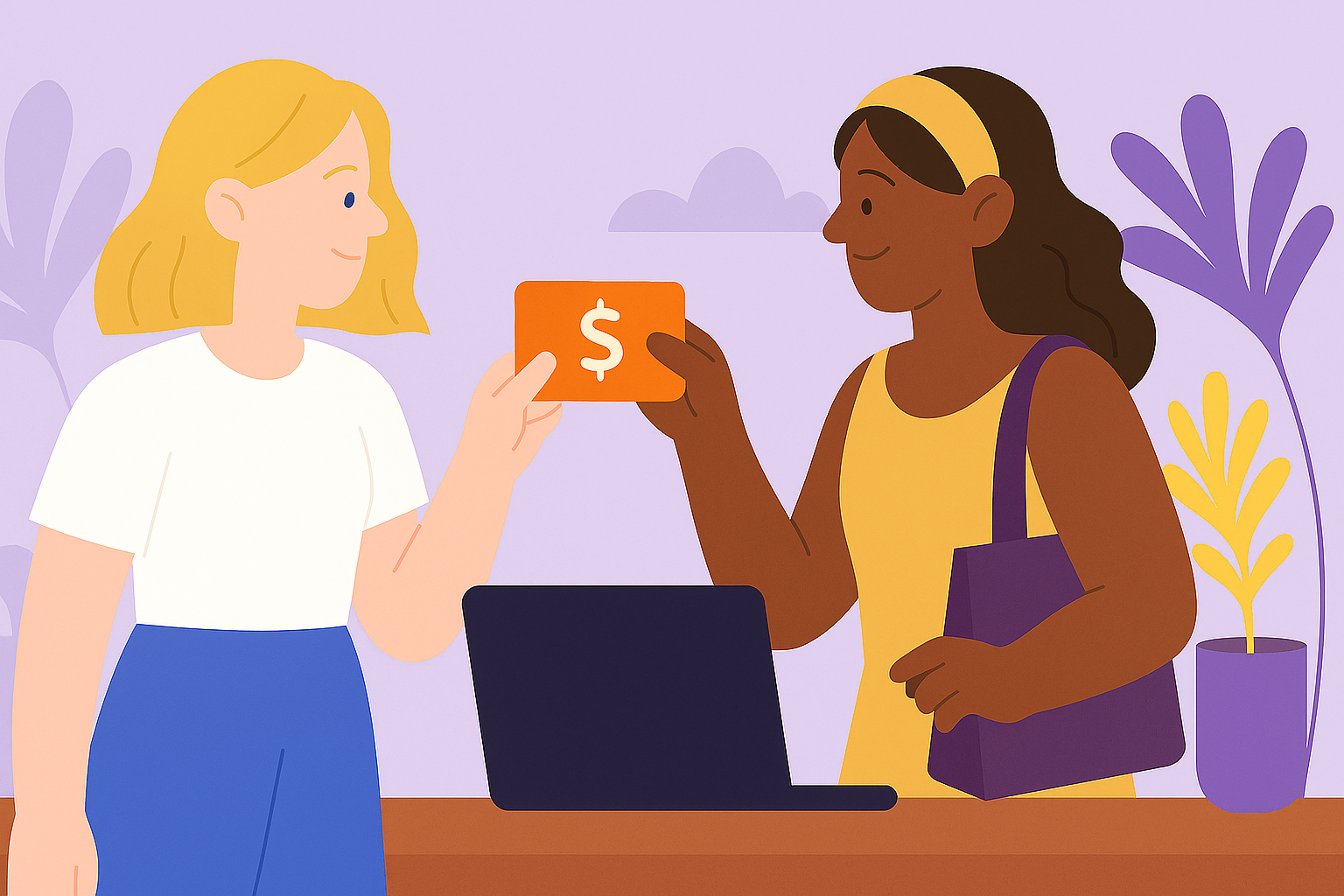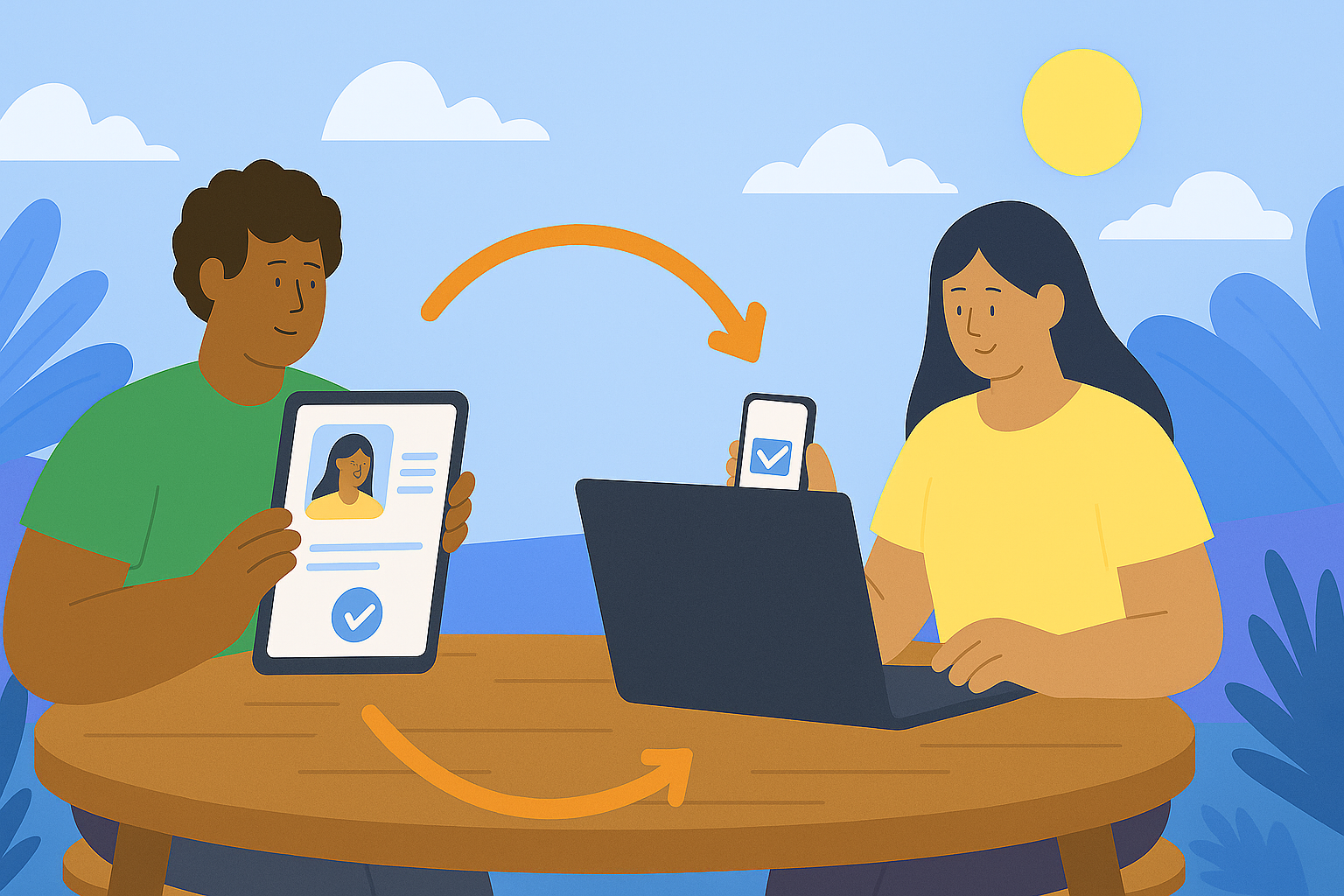
The classroom has changed dramatically over the past twenty years — particularly in the last decade. Virtually all high school and college coursework begins online. Even if students eventually make their way to the stacks of a physical library, their syllabus, many of their readings, discussion groups, and lecture archives are available online, and the internet is nearly always the starting point for their introduction to the basics of course content.
As the pandemic overtook the planet and forced parents to homeschool their children using little more than a home computer and their family wifi, people the world over learned that, for all its attendant drawbacks and misinformation, the internet could be an invaluable resource for education and self-education. There’s probably never been a time of greater educational self-empowerment, when the largest portion of the world’s knowledge can now fit into one’s pocket or backpack.
During quarantine, even the most elite Ivy Leagues insisted on full tuition to hold online classes that, while entailing a certain learning curve, still created a legitimate way for students to progress toward their degrees. In some instances, the altered educational setup led students to question whether or not full-time college tuition was worth the investment in the first place. Post-pandemic, we see an accelerated swath of online learning options. A range of new learning platforms have appeared, while experts and influencers — some more credible than others — create their own courses to teach a specific skill or subject area.
As TikTok has risen to the fore, and the term “influencer” has been largely supplanted with the term “creator,” everyday individuals have stepped up to share their knowledge, impart their experience, and contribute to the discourse surrounding topics of interest to students, specialists, professions, the layperson, and the public at large. Yes, this democratization of knowledge comes with caveats. How do you vet or filter these “authoritative” voices? What do you do about misinformation or disinformation? Is the marketplace of influencer/educators perceived as only a marketing tactic, and how much are charisma and flair valued over actual expertise?
All these questions are part of a continuous conversation that’s been raging on YouTube since content creators first began receiving a share of ad revenue. Increasingly, with ongoing preoccupations, competing interests, and attention spans at an all-time low, we favor short-form content that cuts to the chase and delivers our info in impactful, concentrated doses. So unsurprisingly, the debate about education in the digital age is happening – where else? – on TikTok.
Concurrent with the pandemic, TikTok expanded 180% in 2020 for users in the 15-25 age demographic. The platform is now in use throughout the world in 40 countries, 150 markets, and 75 languages. Its growth and prominence in the daily lives of people of all ages, particularly millennials and Gen Z, have positioned it as a force and resource for political activism, small business expansion, creative expression, social connection and, of course, education. Indeed, education encompasses all of these verticals. As TikTok is considered one of the largest learning platforms on the globe, they have inaugurated their own trending hashtag, #LearnOnTikTok, and garnered over 241 billion views. The initiative is meant to spur engagement and let individuals know that whatever their curiosity, they can find information, conversation, and like-minded users on the app.
How Education Intersects With Social Media
When you think about it, educators rule the TikTok creator marketplace. Anyone who operates a TikTok creator account actually serves as an educator who, in many cases, provides the same quality of knowledge and instruction as teachers or professors, particularly for general subject areas. Although many of these people may not be technically or professionally certified, many of them are. On the upside, because of their lack of accreditation, unlike other educational institutions that may make it difficult for certain experts to address a room of students, TikTok allows them to step to the front of the digital classroom in seconds. Users then vote with their likes, follows, and comments on whether the material is relevant and worthwhile to them.
Especially in the case of tactical, hands-on skills required for everyday problems or niche activities — raising chickens, towel folding, washing baseball caps without ruining them, correct bench press form, submitting query letters to publishers, sugar-free desserts, iPhone tips and tricks, investing strategies — TikTok is on hand with ready answers and guidance. Best of all, unlike books or YouTube videos or how-to web pages that tend to be static and unresponsive to further questions, TikTok creators usually respond generously to DMs and comments asking for further clarification or assistance. They will often “go live” for the express purpose of engaging their users, taking questions, and “teaching” or conversing in an informal classroom-like way.
The reason for this? TikTok has tapped into an understood reality that’s been neglected and forgotten: people are passionate about particular areas of interest, sharing what they know, and enjoying the ego boost that comes from other people appreciating their specialized knowledge. From a more charitable angle, they also like to pay it forward. If they’ve struggled to acquire a certain understanding of the world or their field, they want to pass on the knowledge so people coming up behind them can benefit. In many cases, they also want to feel as though they are contributing to the greater good of the community at large. They see themselves fulfilling a personal mission when they work to create content that educates, informs, and inspires.
This is particularly true for people who have a hobby or expertise that may be their passion or vocation, but may not be the way they currently make a living — sports fans who don’t play pro but who know the ins and outs of every team and every player, a former Broadway actress who now teacher voice students and prepares them for the college audition process, or a life coach who has overcome major hardships and now wants to share what they’ve learned as a source of inspiration or to help people struggling in similar circumstances. This is the excitement and zeal that keeps creators coming back to the platform and keeps their following continuing to turn to them for their content.
The Pros and Cons of a College Degree
Reports still demonstrate that degree holders make more on average than non-degree holders, and many people without a degree have struggled to find work immediately following the shutdown. However, with the rising cost of tuition and the ease of access to inexpensive or free forms of education using the internet, many people are coming to view a college degree as more of a status symbol than a practical tool that guarantees success. Of course people understand that college degrees open doors, but with alternative methods of skill acquisition, have become increasingly budget-minded and elected to choose other routes at the start of their career.
This report by Opportunity@Work indicates that as many as 30 million U.S. workers without degrees have gained skills through tech bootcamps, community education programs, military service, or on-the-job training. Many organizations are even setting aside funds that will allow their employees to increase their skills and qualify for corporate positions or roles in upper-level management.
Now, the kind of preference for circumventing college, coupled with the need for fast workforce upskilling, has set the stage for influencers and content creators to lead an education revolution within the Creator Economy. Some of the more formal programs and training offered have even grown to include networking opportunities that feed directly into jobs and specific fields ready to hire emerging talent.
TikTok Higher Education
So is the creator marketplace TikTok’s university? Creator-designed courses have always existed online since the early days of the internet. From day one, business leaders, bloggers and creatives have realized that the web exists primarily to provide a way to communicate with each other and instructional courses are an obvious opportunity to leverage. However it’s only in recent years that the wider professional world has begun to embrace online courses as entirely viable modes of learning they look for in their hiring protocols.
As more and more learning platforms are funded, online education is becoming the norm, and resources like Gumroad, Egghead.io, Patreon, and Podia are honored in an interview setting. These and other platforms are evidence of how creators have begun to rethink education in the digital world, so keep brainstorming educational TikTok ideas.
In addition to designing and selling access to their courses, creators also offer consultation services as an advantage to students and followers following in their footsteps — a kind of paid version of the popular TikTok “lives” that provide people with essential one-on-one training, encouragement, and recommendations. These sessions are particularly useful at the end of a course, as students or participants are looking to be pointed toward their next steps.
The Educational Content Creator: How Brands Inform Audiences
Whether you’re a macro-influencer or micro-influencer, everyone’s trying to teach and persuade. An educational bent is almost a requirement among TikTok creator marketplace qualifications. In the heavily branded modern world, every product or service is becoming more and more tied to a particular set of skills, an area of interest, or a lifestyle aesthetic. Even inane everyday grocery products relate to some kind if influencer or brand point of view — healthy alternatives, organic eating, dessert-making, health and fitness, international cuisine — whatever umbrella something might fall under, this is part of what businesses use to attract a demographic who increasingly spend based on their brand affiliation, personal values, and sense of identity.
As a part of this, influencer-creators help shape the preferences and the prominence of particular products and brands. Their job is to function as teachers who inform the masses and impart both general and specialized knowledge related to the topic at hand — whether its home entertainment, housekeeping, preschool activities, gourmet candy, outdoor activities, the LGBTQ+ community, holiday events, philosophy, nostalgia, celebrity gossip, pop culture fandoms – whatever the interest, there’s an opportunity to impact how people think about it, therefore subtly or directly guiding their buying decisions.
Businesses and brands find the greatest success by developing clear mission statements that reflect who they are and what they offer that is different from anyone else on the playing field. Next, they recruit the right influencers, who understand how to convey these values and unique selling points to a wider audience using their own charm and expertise. As you vet particular influencers who will fill this role, one of the top attributes you should look for is someone who has a sense of how to skillfully and succinctly share information in a clear, instructive way.
Consider a test run with influencers you’re in talks with. Ask them to explain the solution to a particular problem, relate the history of a specific topic, or describe why a certain kind of person would use a certain type of product. If they can naturally and conversationally deliver on these kinds of situations, you’ll know you’ve found the right person to work with — and you’ll know they’re only going to get better as they go along.
Many creator-educators adopt a serious tone discussing social issues or ethics that appeal to a user's sense of morality or political identification. Others prefer a lighter approach, frequently cracking jokes and unpacking the benefits of a product in a humorous or self-deprecating way. But the goal is always the same: teach audiences information they can use that will help them in their lives and buying decisions.
As the trend moves forward, we will see more and more creator educators on social platforms creating their own content and in brand partnerships that bring users the best of what a brand represents and offers to its audience. There’s an opportunity for followers and consumers to benefit from newfound knowledge that elevates their life and sense of self, while business and creators make money through collaboration.


.png)


